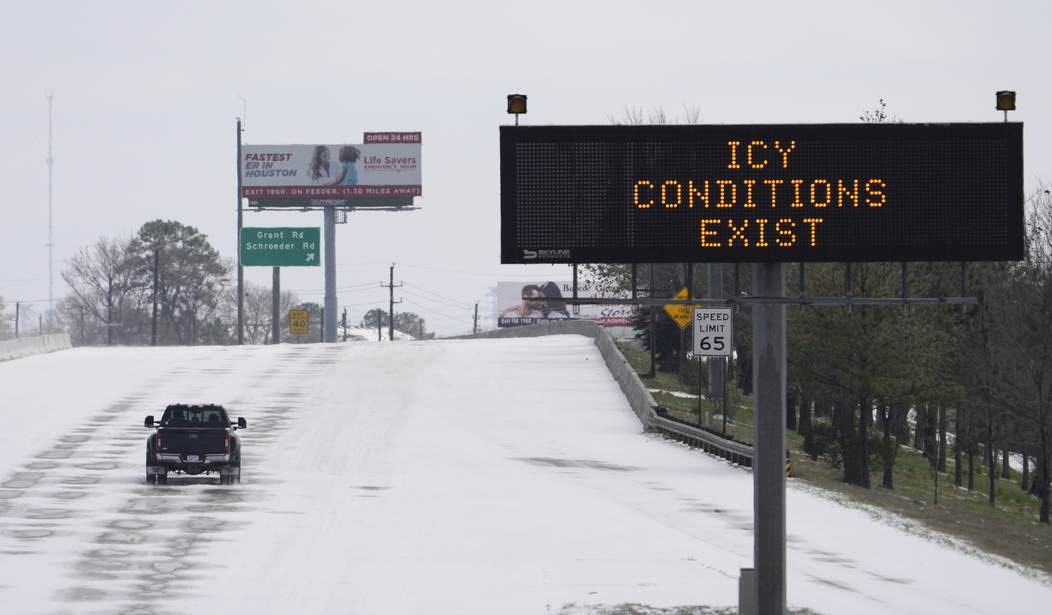Here is the latest episode featuring government bureaucrats imposing meaningless rules under the guise of keeping people safe. The Federal Highway Administration (FHA) has employed a rule prohibiting highway signs that display humorous messages.
Why?
Because using humor to convey important messages related to commuting on the highways and byways somehow threatens the safety of American motorists. The rules are expected to be in effect within two years.
The U.S. Federal Highway Administration has given states two years to implement all the changes outlined in its new 1,100-page manual released last month, including rules that spells out how signs and other traffic control devices are regulated.
Administration officials said overhead electronic signs with obscure meanings, references to pop culture or those intended to be funny will be banned in 2026 because they can be misunderstood or distracting to drivers.
The agency, which is part of the U.S. Department of Transportation, said signs should be "simple, direct, brief, legible and clear" and only be used for important information such as warning drivers of crashes ahead, adverse weather conditions and traffic delays. Seatbelt reminders and warnings about the dangers of speeding or driving impaired are also allowed.
Among those that will be disappearing are messages such as "Use Yah Blinkah" in Massachusetts; "Visiting in-laws? Slow down, get there late," from Ohio; "Don’t drive Star Spangled Hammered," from Pennsylvania; "Hocus pocus, drive with focus" from New Jersey; and "Hands on the wheel, not your meal" from Arizona.
The FHA’s position is that signs with catchy or funny slogans might distract drivers or lead to misinterpretations that could supposedly lead to more accidents. The idea is that having signs focused solely on providing crucial information about road conditions will prevent these distractions while keeping drivers informed of what’s ahead of them. Apparently, a Department of Transportation study showed that many motorists did not understand the witty message displayed on road signs.
On the other side of the debate, state transportation departments contend that using humor makes the messages more “sticky” and memorable. People are more likely to recall a message if it makes them laugh and less likely to simply tune it out. Moreover, they are more likely to share the message with friends and families, thereby spreading the intended message. Another study showed this to be true.
I would say I’m on the pro-humor side of this conversation. If the government is going to take our money and put it to use, they might as well make us laugh while they are doing it. It is true that people are more likely to remember a message if it makes them laugh and the notion that large swaths of drivers are getting into accidents because of these signs is ludicrous on its face. Indeed, the FHA did not provide any evidence demonstrating that this is the case.
If you happen to live in a high-traffic area, a funny sign might be just what is needed to break up the monotony. Having come from Los Angeles and lived in Austin for the past 12 years, I can surely attest to this, dear reader. Unfortunately, government officials are always searching for ways to make themselves appear to be relevant, and they tend to do so through rules, regulations, and legislation that sound nice but don’t actually help anyone.














Join the conversation as a VIP Member